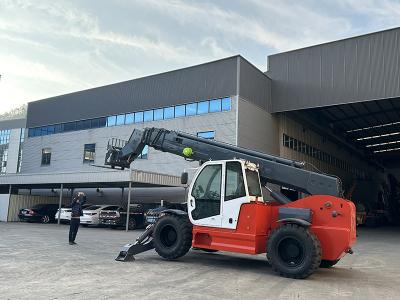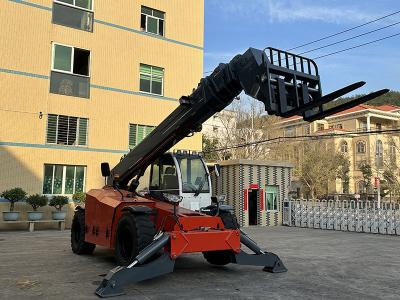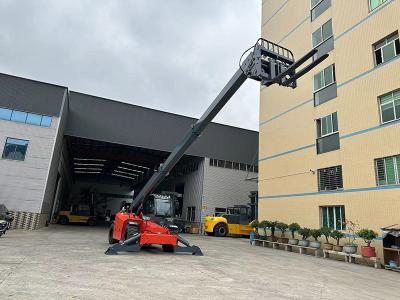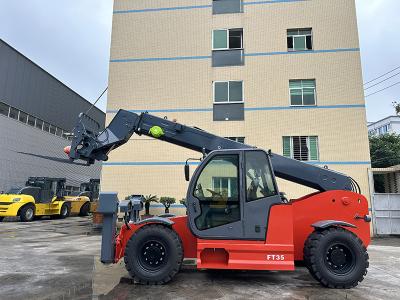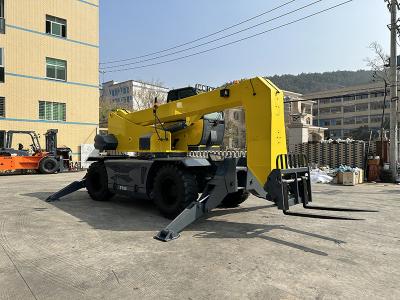This set of technologies enables warehouses not only to prevent forklifts from moving overweight loads and to automatically reduce travel speeds when making turns, Yale Reliant also helps enforce site-specific traffic rules, such as proper following distances, reducing speed around pedestrians, and Area limits lift height. Combined with robust employee training, Yale Reliant can help support safety initiatives and help businesses protect already thin margins.
Yale Reliant™ is a tool that supports operator situational awareness and adherence to forklift best practices. It triggers dynamic alerts, informs the operator of the correct protocol, and initiates lift truck performance based on proximity to pedestrians and obstacles, load weight, equipment status and site-specific rules, while giving the operator ultimate control of the equipment.
In practice, this platform implements a wide range of functions. For example, warehouses can set the ideal tracking distance between devices, and Yale Reliant can automatically limit speed to maintain an appropriate distance. Operations can implement location-based rules to limit travel speeds at the end of aisles, exclude devices from densely pedestrianized areas, and more. Yale Reliant can also apply performance control in a variety of situations based on forklift sensors and inputs, such as restricting travel and lift functions if the load exceeds the weight limit, reducing cornering speed to avoid overturning stability.
Product Features
● Yale Reliant™ is an industry-first tool to support forklift driver awareness and adherence to best practices.
● Yale Reliant utilizes a suite of four technologies for a wide range of functions, including automatic deceleration, elevator locking and hydraulic limiting.
●The solution monitors operating environment and equipment information in real time to provide information for performance tuning.
● This real-time information is used to trigger dynamic alerts and automatically adjust forklift performance based on best practices and site-specific rules, while maintaining the operator's ultimate control over the equipment.















